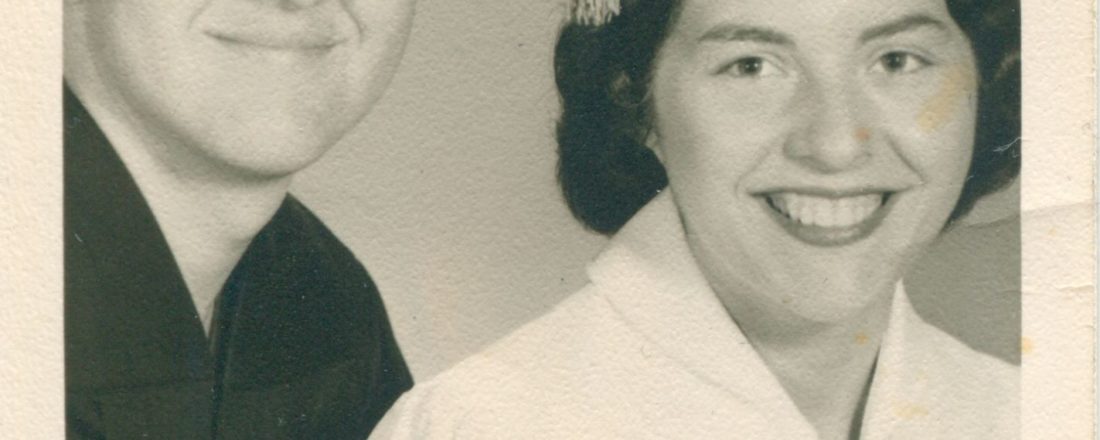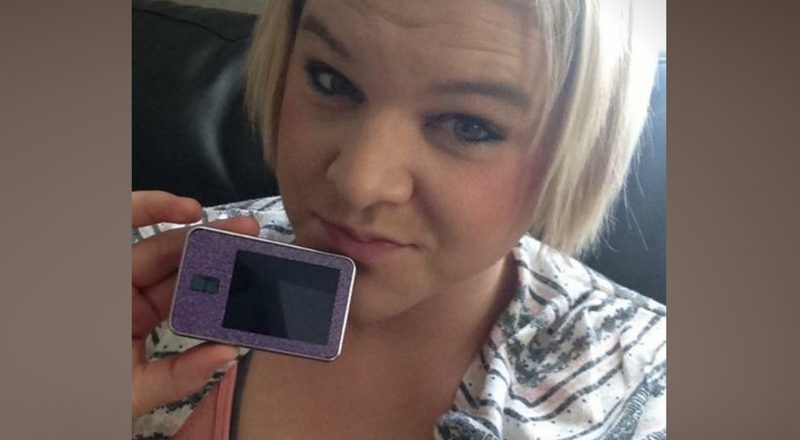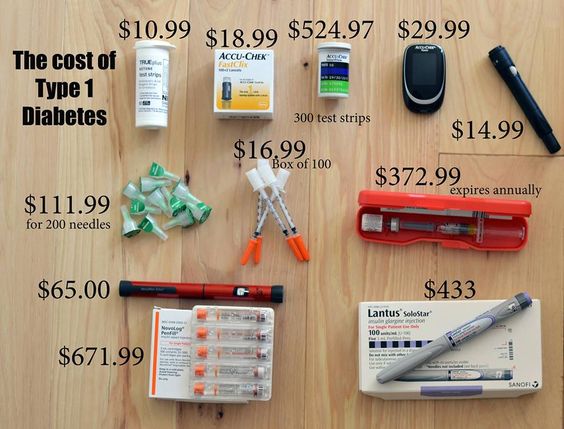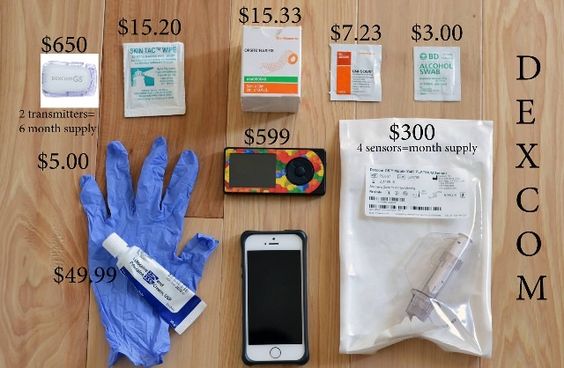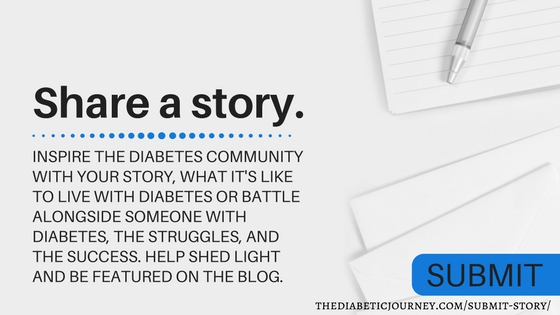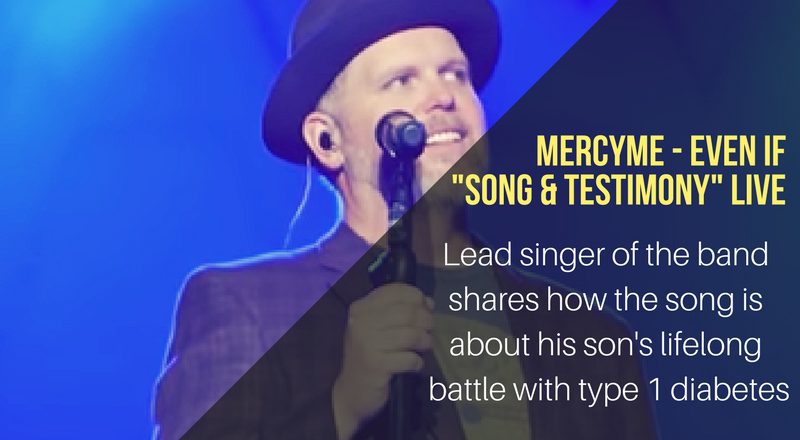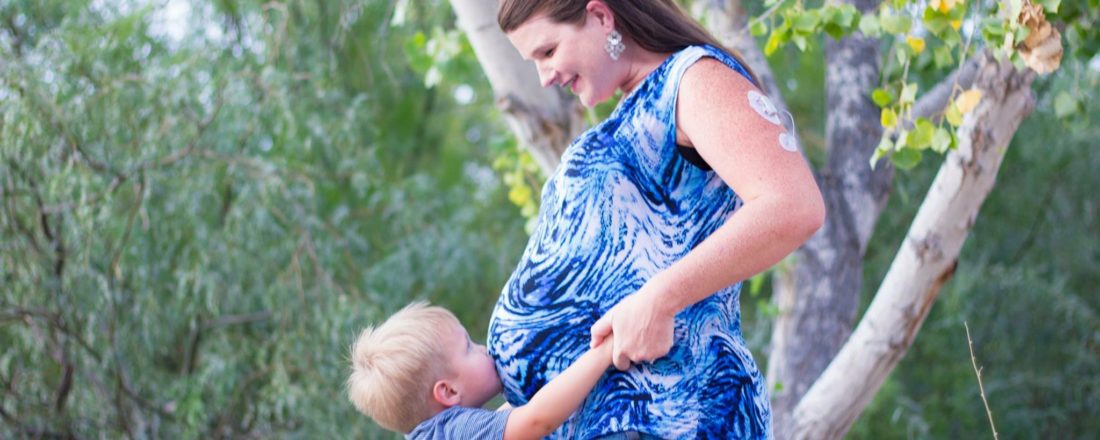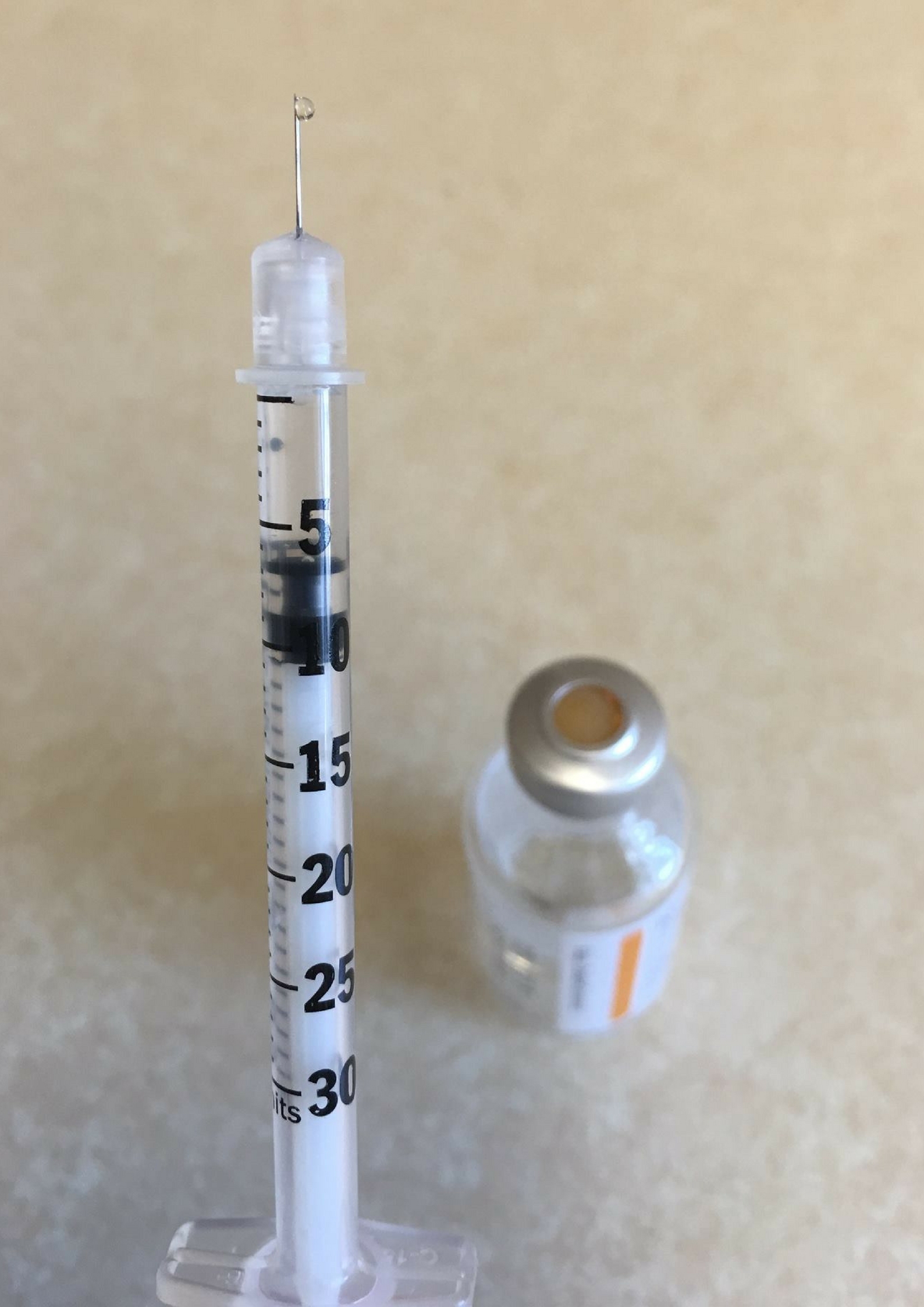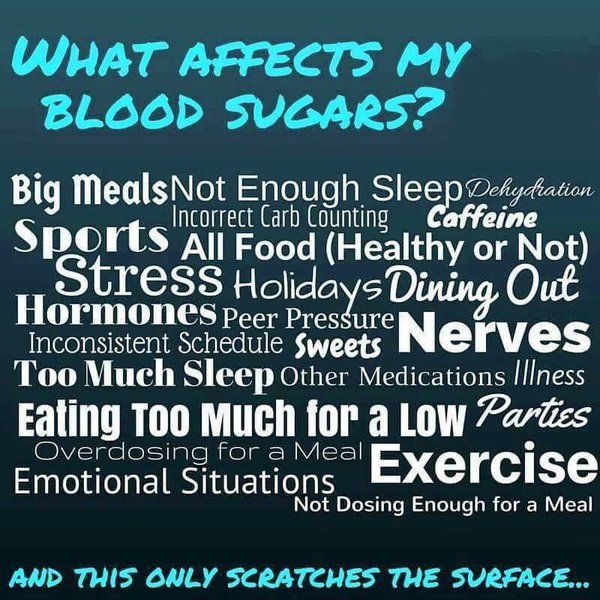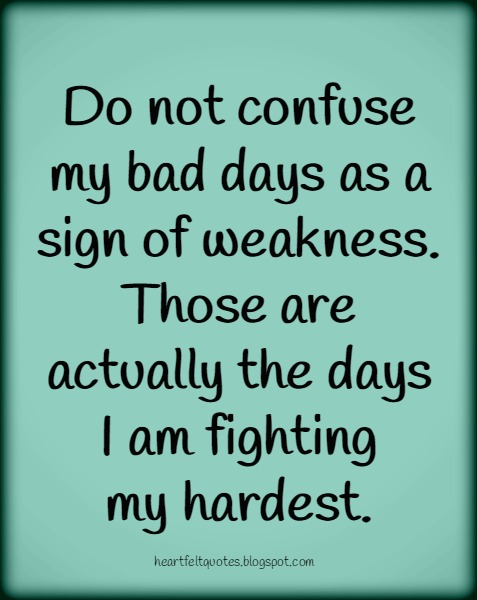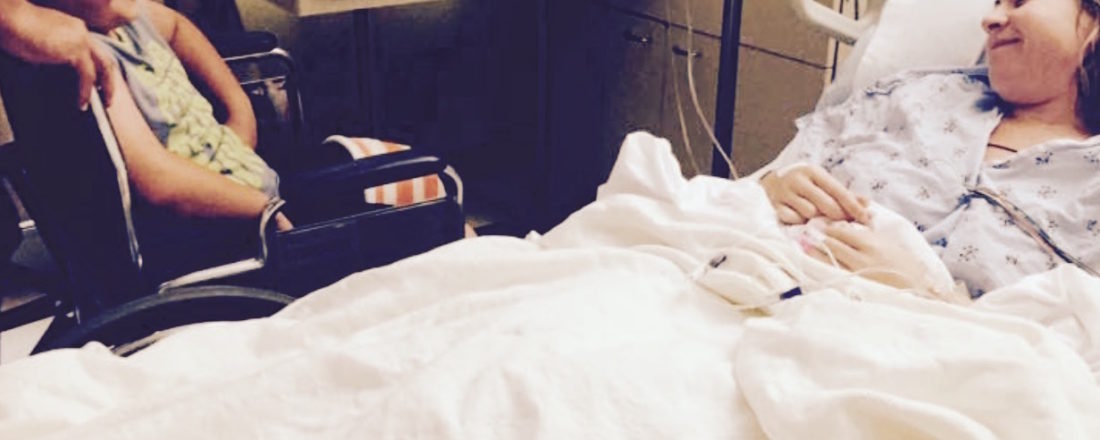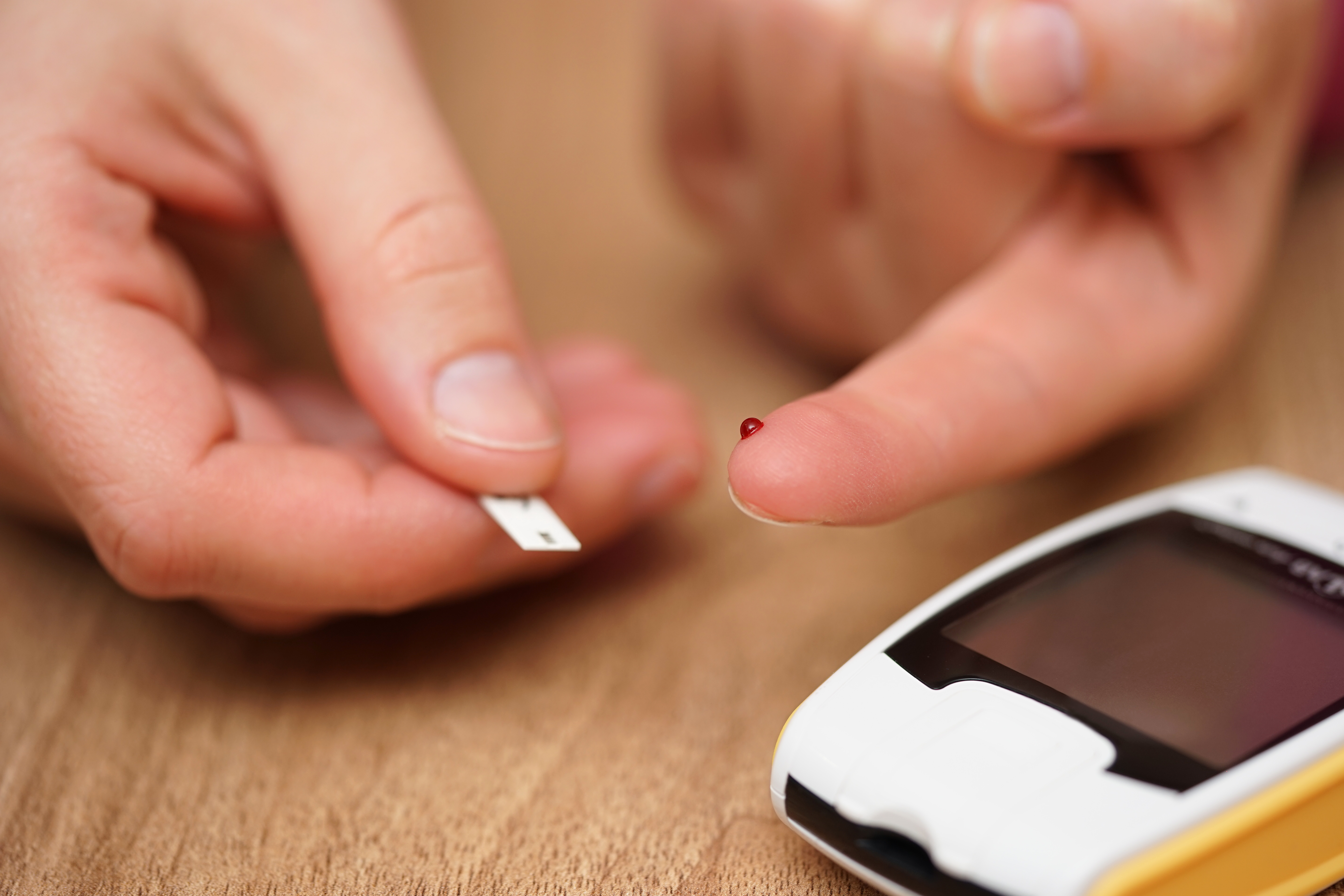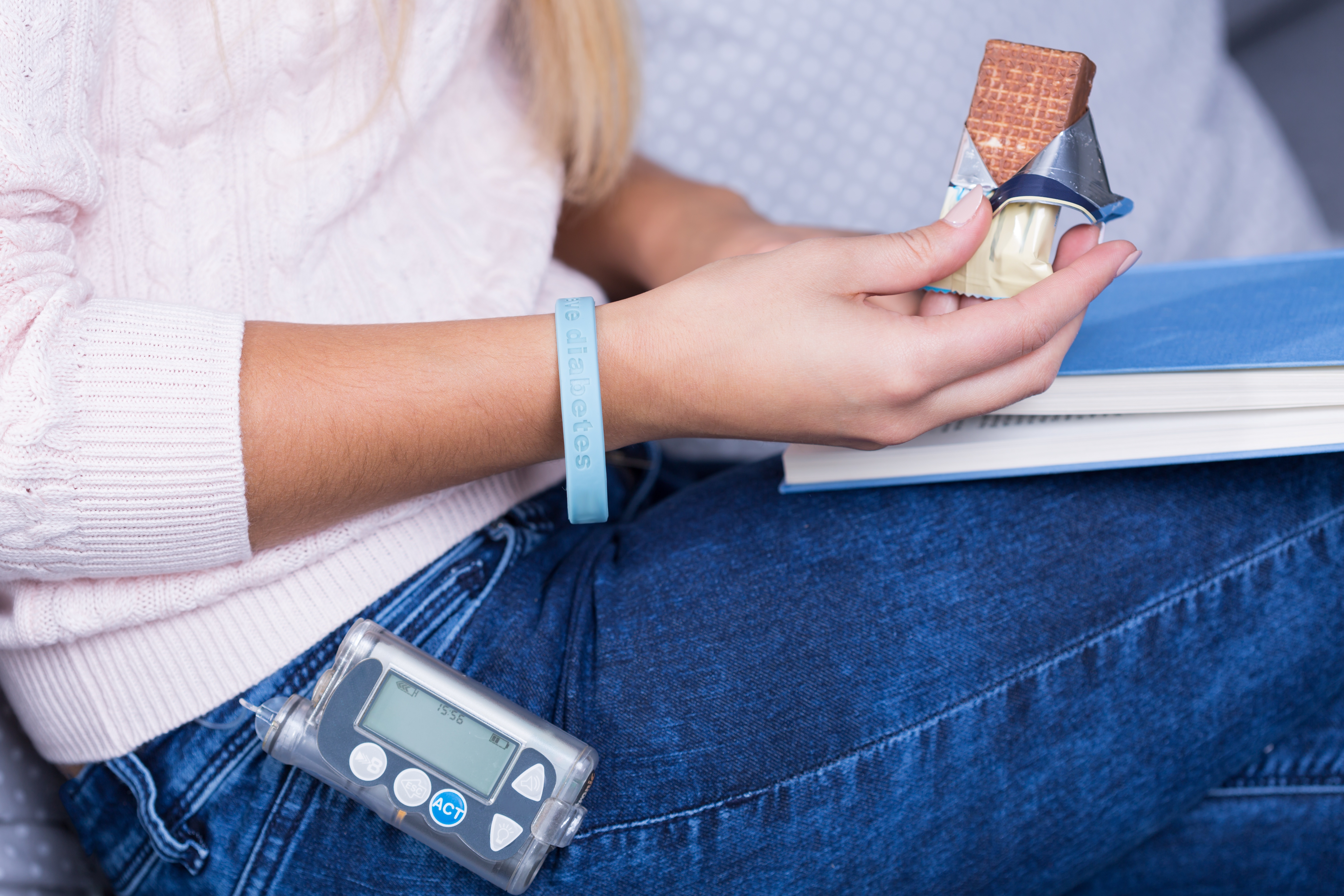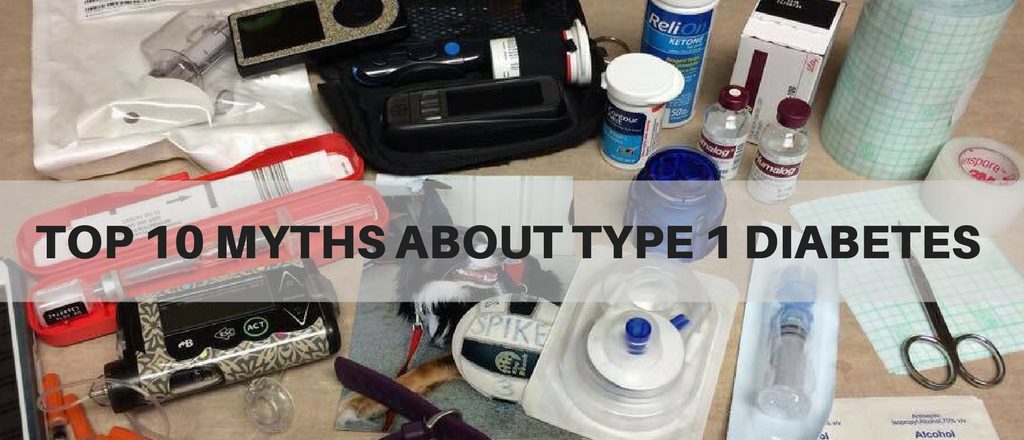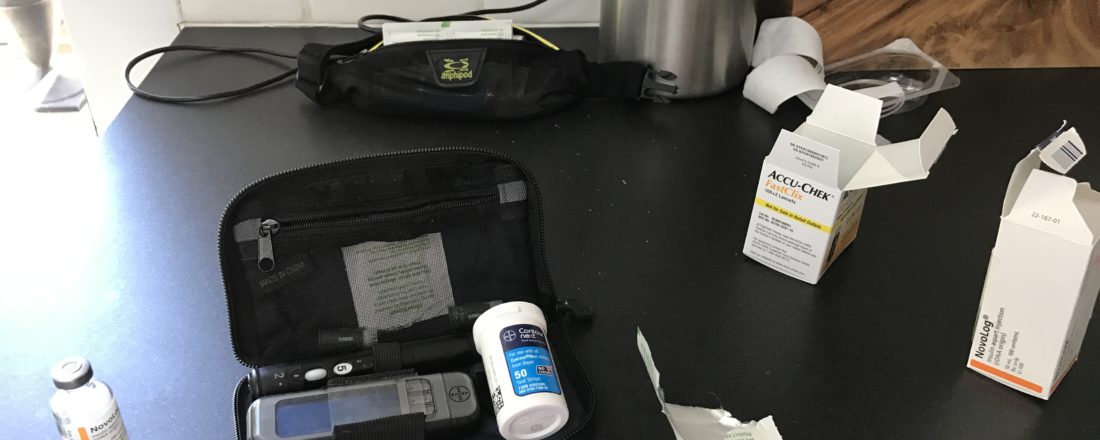My Early Life, Without Sugar
By: Richard Vaughn
*This post contains affiliate links*
When I was diagnosed in 1945, the doctor told my parents that I should not eat anything containing sugar. I don’t remember my reaction to being denied sugar at that time. My diagnosis was only a few days after my sixth birthday.
I do remember missing sweet things to drink. For some time I drank milk from our own cows. That was not a good choice, but we did not know that. It did not contain sugar, so we thought it was ok.
When we went grocery shopping my family did not buy candy, cookies or ice cream. I don’t know what my sister thought about that, she was three years younger, and she probably wanted sugary treats.
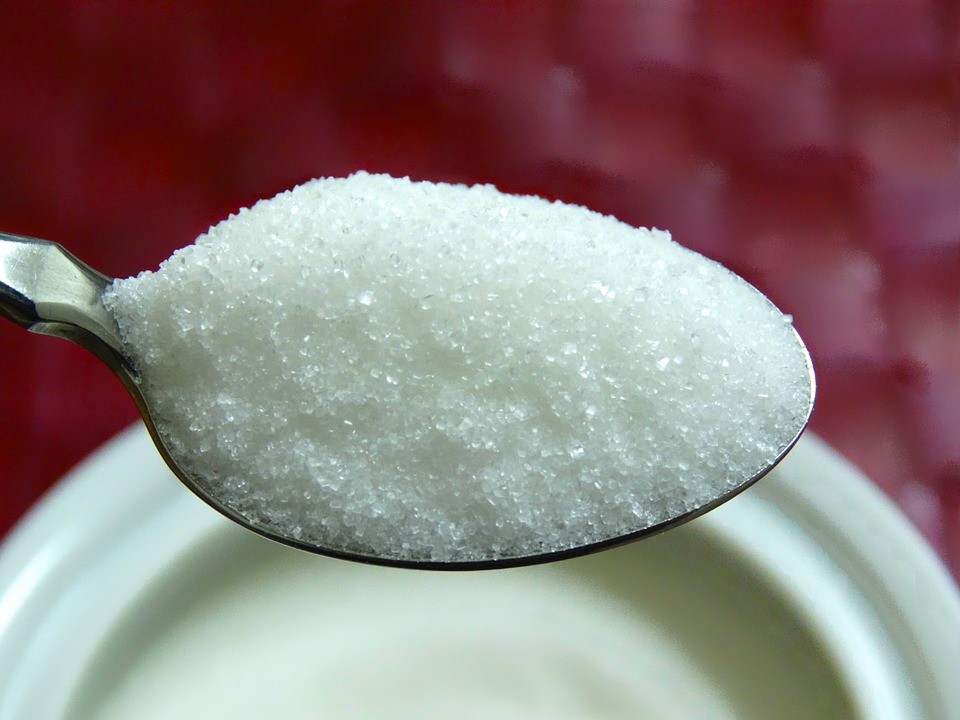
A year or so later, we discovered saccharin at a drugstore –
My mother learned to prepare desserts sweetened with saccharin. I had pies, cookies, and a birthday cake sweetened with that wonderful stuff. Saccharin was great! Mother made desserts sweetened with sugar for the rest of the family.
I was happy with my own desserts, and I never wanted to taste of theirs. My father prepared homemade ice cream, and a portion sweetened with saccharin was set aside for me. I always looked forward to that. It was a summer treat.
One day in our grocery store we saw a display of little bottles containing colored liquids. It was called Kool Aid. It was invented in the 1920s and initially sold in concentrated liquid form.
Later on it was sold as a powder in little packets. The Kool Aid we bought in the 1940s was in a concentrated liquid form, so we added water and saccharin. It made a delicious drink. I was very happy.
I had low blood sugar at times for many years –
My mother gave me a glass with some water mixed with sugar. That was the only sugar I had for very many years. I had some awful seizures at night several times each year, and the sugar water was ready for those occasions.
If I could not drink the liquid, my father would sit behind me on my bed and prop me up while my mother rubbed the sugar water on my lips and gums until I had enough to bring me around, so I could drink some of the liquid. I think I may have associated the sugar with my seizures, and that may have made sugar even more undesirable.

There were no meters for measuring blood sugar for my first 40 years after diagnosis, so my urine was tested for sugar each morning to determine my insulin dosage, and then I had to depend on my own feelings to detect low blood sugar the rest of the day.
While sleeping at night my parents would listen for me to be thrashing around in bed to determine that I had low blood sugar. Their bed was close to mine for many years, so that worked out well.
Now I will fast forward to the current century –
I’ll tell you about a discussion that my sister and I had a few years ago. Our father worked at a post office, and he had an afternoon and evening shift. He got home at 11:30 PM. She told me that he would stop at a store on the way home from work and buy candy bars. They were hidden high in a cabinet in the kitchen.
I can remember entering the kitchen several times and my sister was standing with her back against a wall, with her hands behind her. I guess I was not curious about that. She was hiding a candy bar she had been eating.
I never saw a candy bar, and she waited more than sixty years to tell me about that. We laugh a lot about her candy bars. I am glad she had them, and I am glad I did not see them.
![]() To know more of what it was like to be a diabetic in the 1940’s and beyond, you can read Richard Vaughn’s book: Beating The Odds: 64 Years of Diabetes Health
To know more of what it was like to be a diabetic in the 1940’s and beyond, you can read Richard Vaughn’s book: Beating The Odds: 64 Years of Diabetes Health![]()


